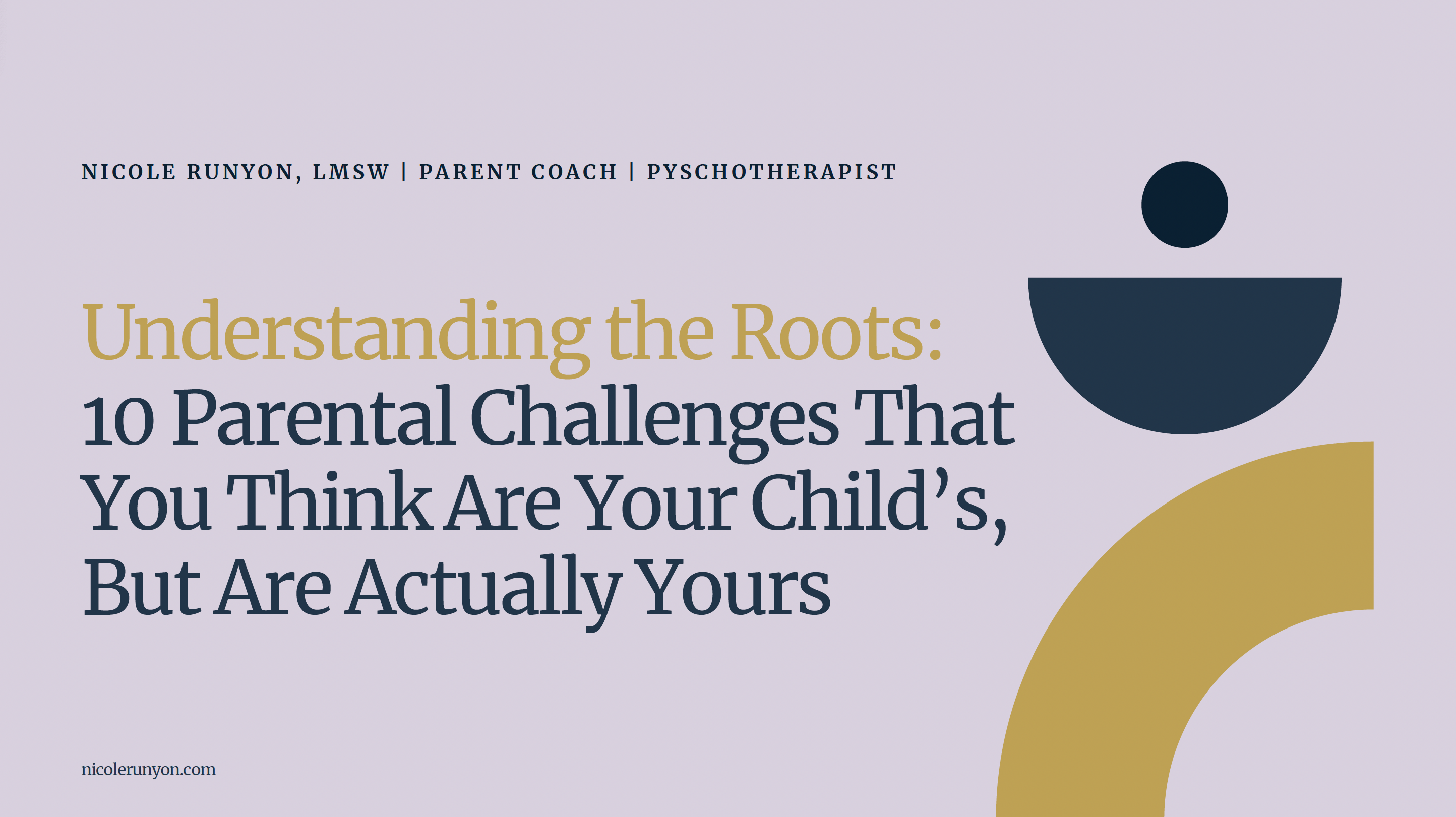In the ever-evolving landscape of parenting, the age-old struggle over grades has taken a technological turn. If I had a nickel for every heated discussion between a parent and a teen about their academic performance, I might just be rich.
Gone are the days of patiently waiting for quarterly report cards to arrive in the mail. Now, thanks to technology, parents can witness the ebb and flow of their child’s grades in real time – every missing assignment, docked point, tardy, and unexcused absence on full display.
While this instant access may seem like a helpful tool for parents, I’ve witnessed the darker side of this transparency – the obsessing, the fighting, and the erosion of trust between parents and teens. The constant scrutiny can lead to a lack of self-trust in the child.
It’s essential to recognize that good grades are not the ultimate goal but merely an indication that a child can meet expectations. The real focus should be on building a foundation that goes beyond the grades.
Parents often harbor anxiety about their children’s success, using grades as a measuring stick for their future. While good grades can pave the way to college and career opportunities, it’s crucial to approach it from a different perspective.
Instead of fixating on grades, parents should prioritize teaching their teens to build meaningful relationships with their teachers. This is a skill that transcends academia and mirrors the relational dynamics of adult life. When teens demonstrate genuine care for their classes, teachers are more likely to go above and beyond to assist them in overcoming challenges.
Adult life revolves around building connections, and the expectation is that students take responsibility for their own academic journey. This responsibility is a key factor in shaping a successful future.
So, rather than dwelling on grades, parents should shift their focus to nurturing a sense of responsibility and resilience in their teens. When teens learn to own their mistakes, seek help when needed, and grow from these experiences, they cultivate the skills necessary for success beyond the classroom.
In the end, it’s not about the grades; it’s about preparing teens for the complexities of adulthood. For more insights into children and adolescent development, mental health, and navigating the challenges of the iGeneration, feel free to reach out and let’s start a conversation.

